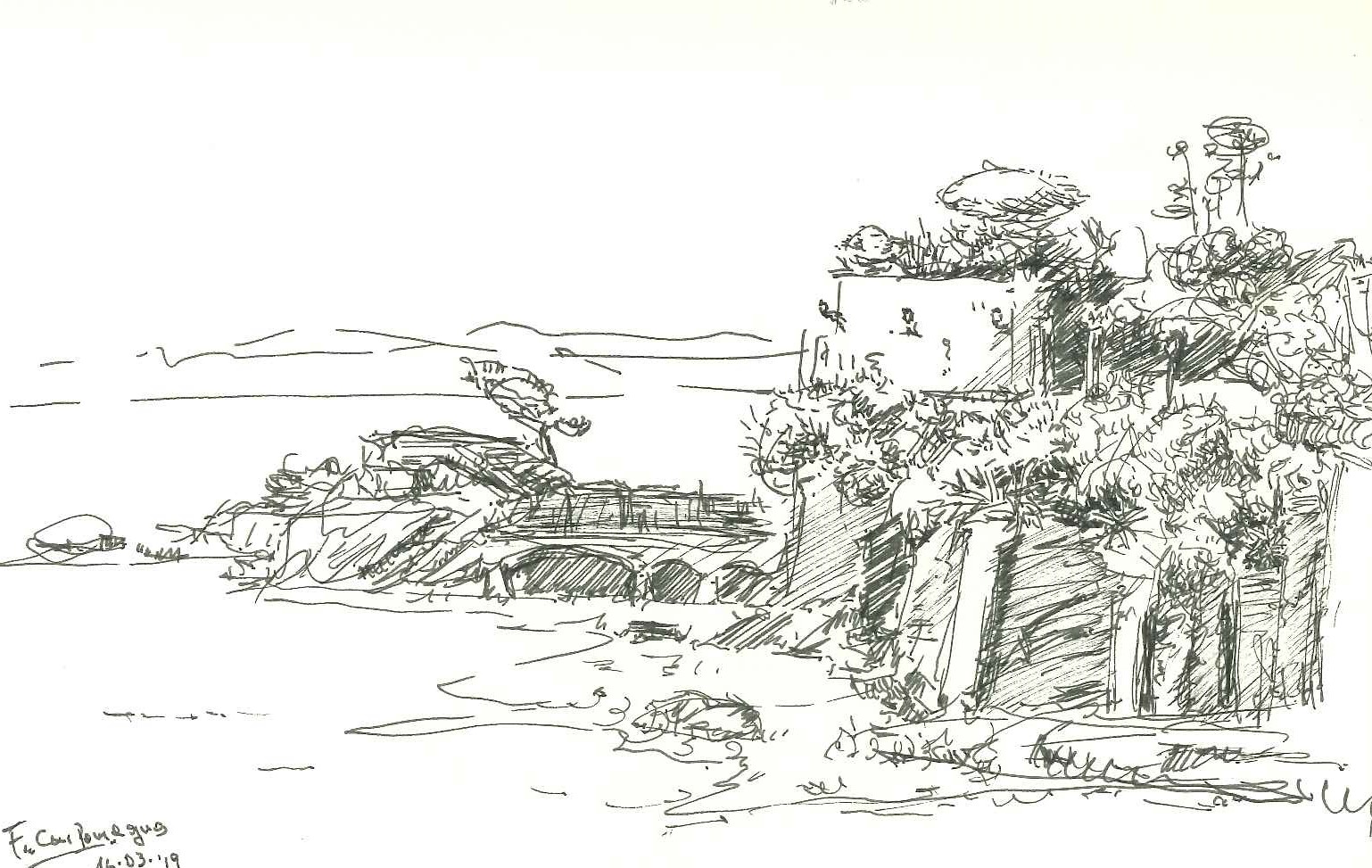– See you Thursday then?
-No, I can’t is “Villa’s Thursday”!
-Thing?
Here we clarify our superficiality in saying that on Thursday we are “in villa” and we end up understanding each other only between us …
– On Thursday we novices are “in villa”! That is, we have the outing, the outing, the outing. This means!
-And you can’t say you’re around? Why do you call it that way?
We call it that by tradition, that’s all.
It comes from history dating back to the early days of the Company when St. Ignatius decided to buy a villa with a vineyard, for the Novices of the Roman College. It seemed necessary for their health since at that time the climate of the city of Rome was quite unhealthy, especially for foreigners.
In the historical documents we speak of the “Vineyard of the Villa Balbina”, near the present Church of S.Balbina, in which Ignazio himself later passed part of his illness (in July of
1556).
So since then the novices say that Thursday is “in villa”! The place has changed, the methods have changed since then, but the purpose remains fundamentally the same. Take time to get away, rest. Time to downsize.
Usually the “villaro”, the novice who has the task of deciding and organizing the exits, proposes two destinations, so that if one wishes, one or two groups are formed to go to one, rather than the other, the proposed destination.
What are our goals? Mountain or sea, if the weather is good, otherwise you go into the alleys of the city, among the “carroggi” there is always something to discover about this “hiding” city, which preserves new treasures among the ancient houses to be able to find.
So we have the opportunity to visit exhibitions, to get to know the city, discover treasures in ancient churches or climb the mountain paths leading to the top, where there are often Sanctuaries. We can contemplate nature, with eyes ready to feel the creation that continues to regenerate, from the generative seed of the Word, from the “fiat”, to the current life of the world that surrounds us, making us rediscover, always, creatures of a greater work.
Thus we have the opportunity to take our spaces, walking alone or in small groups, looking for moments of silence or confrontation, of discussion “from the sacred to the profane”, sharing the experiences that are being experienced during the week of the projects to which we are collaborating with the groups in which we do service, returning to confront each other about the courses we have during the week and on the topics we deal with.
We listen to each other, we talk to each other, everyone takes their weekly rest spaces.
“Stopping” to take “free” time allows us to refill everything we live, to learn to better enjoy the “active” time of the rest of the week.
Filippo Carlomagno, first-year novice

Comments